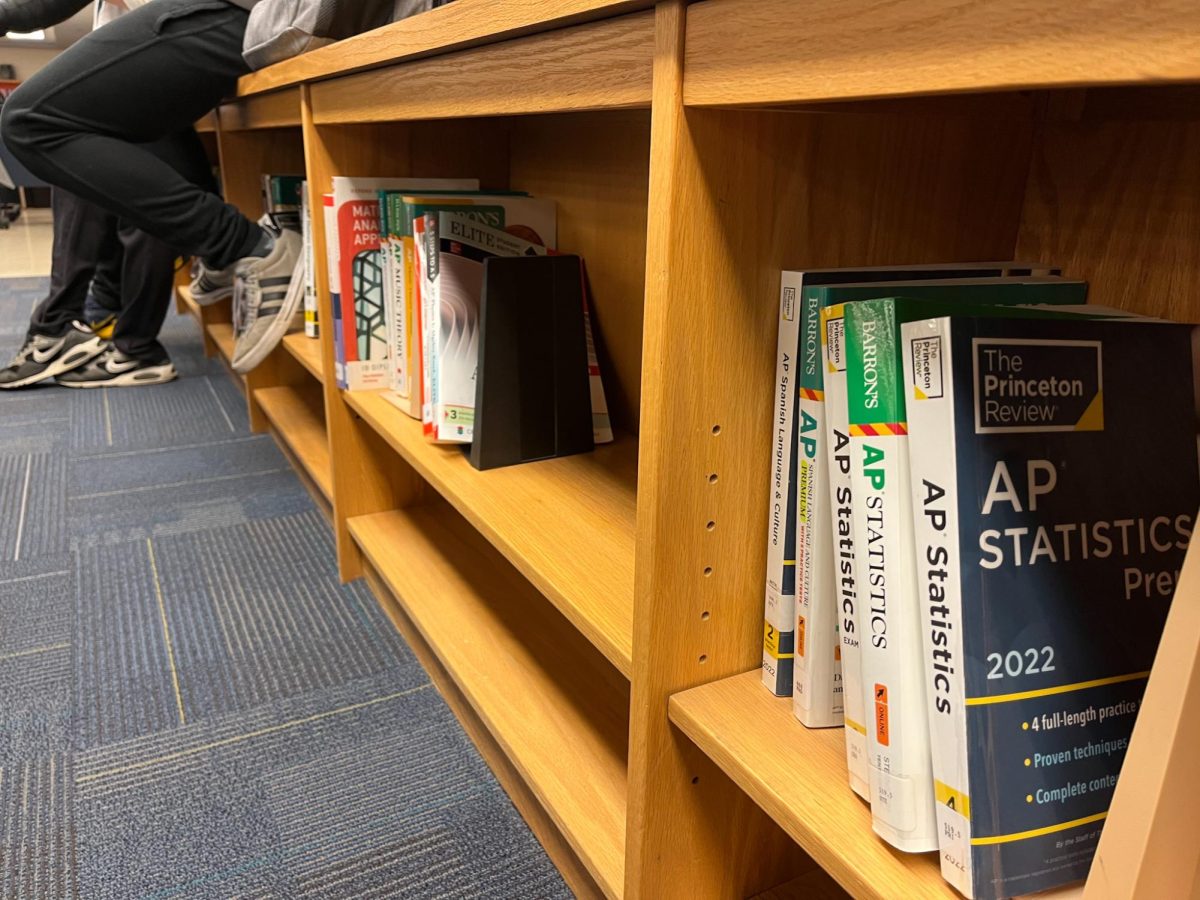With the average American household bearing $15,700 in credit card debt each year, and only 53 percent paying their balance in full each month, it is no surprise that both the U.S. government and consumers are seeking new ways to remain financially afloat in the struggling economic climate.
The Federal Reserve passed a law which took effect July 1 that made overdraft fees on debit cards illegal, unless a provision explicitly allowing them is stated in each contract. This should have a sweeping effect on the financial lives of teens, who sometimes struggle to keep track of just how much money is in their checking account.
“Prior to the law going into effect, if you used your debit card, and there wasn’t enough funds, it would go in to overdraft,” said Howard Watlon, Wachovia Bank’s Potomac store manager. “The transaction would have gone through, but you would be charged $25 for the transaction. With the new law, it will simply decline out with no penalty. The law only pertains to debit card transactions.”
Walton has found that teens have already begun to reap the rewards from this new law.
“Through July 2010 I had noticed a downward trend in that, because [teens] weren’t keeping track of their balances, they were paying high overdraft fees,” Walton said. “With the new laws passed in August, they are not penalized for [going beyond their balance.] Most of them don’t have a lot of money, so when you get down to the wire [for minor expenses], that’s when things go wrong for overdraft fees.”
According to Walton, part of the problem with teens’ financial troubles is that that they lack the knowledge and skill base to keep a proper checkbook and maintain a proper balance.
“What I usually do when I open an account is I open up a register and I tell them that even though they do everything electronically, they should keep track of their balance on paper,” Walton said. “I think the parent can play a role in working with their teenager and showing them ‘this is how you keep track of [your] balance, this is how you write a check, this is how you balance a checkbook.’ I think a lot of teens don’t ever balance a checkbook.”
Students have the opportunity to learn more about money management in the Personal Finance class that was started by social studies department head Michael Carroll in 2009.
“The bottom line to me is everyone in this building needs [to take Personal Finance],” Carroll said. “In these economic times it is the most important class you can take.”
Carroll advises students to start saving money early and encourages having accounts with compounded interest. One of the main parts of the class is to “Pay yourself first,” which means to not let the bank take extra money by having to pay extra fees on expenses like credit cards or withdrawals from ATMs.
“My generation is probably the last generation in which Social Security will be a factor,” Carroll said. “[This generation] will have to do more and more for [their own] future. You don’t need to obsess about it, but you do need to think about it.”
Junior Hannah Dannenfeldt, who is currently enrolled in the class, signed up to learn how to be more financially literate.
“I thought it would be useful in the future especially with the economic crisis,” Dannenfeldt said. “[I wanted] to learn how to use my money efficiently. I have learned a lot. Some if it is basic, but it has reminded me of what is important.”
According to Dannenfeldt, the class not only demonstrates the numerical importance of being fiscally responsible, but also appeals to student’s emotions to encourage students to remain on track with their finances.
“My main goal is to be smart with my money,” Dannenfeldt said. “We’ve watched videos where people get credit cards and get into a lot of debt. I don’t want that to be me.”
Categories:
Teens benefit from new law eliminating overdraft fees
By By Emily Hall
Production Manager
Andrea Mirviss
Editor-In-Chief
October 29, 2010
Story continues below advertisement
0







